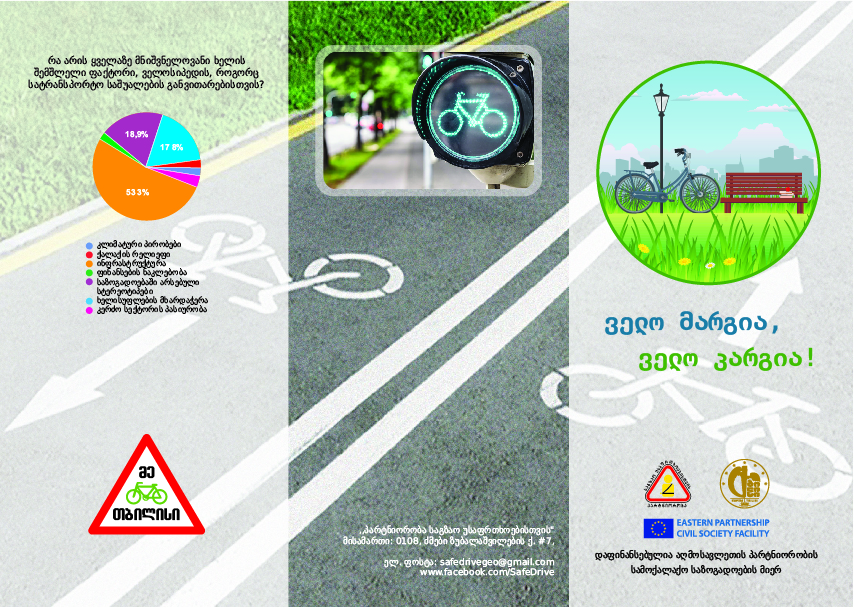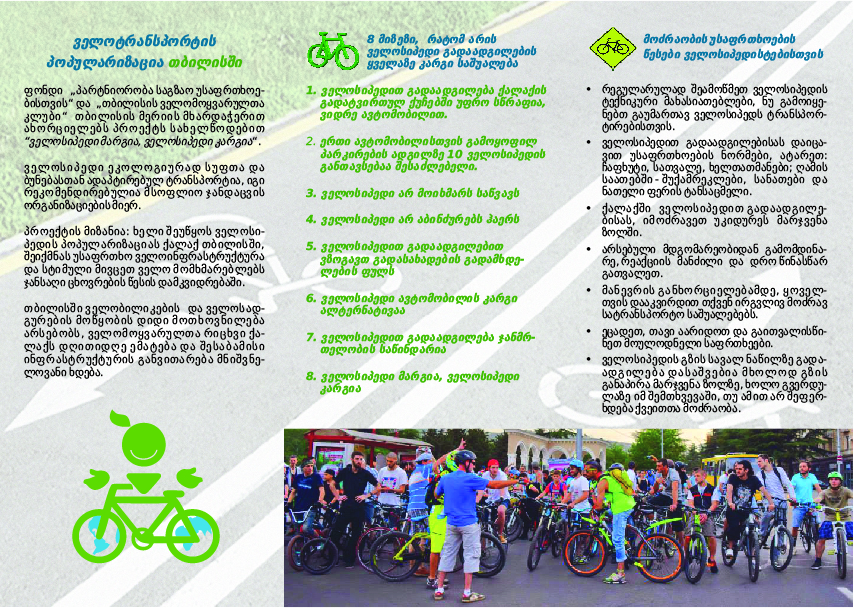The project aimed to raise awareness of the Georgian public on the EU-free movement in the EU/Schengen area and therefore, reduce the risks of the violation of the EU-Georgia visa regulations. To achieve the latter objective, Gogita conducted field research and interviews with local and international experts. Then, he prepared the Policy Brief on the EU-Georgia Visa-Free Movement and shared it with the relevant state institutions, including the Ministry of Foreign Affairs of Georgia. In the final stage, he organized 10 interactive workshops across the country. The seminars were held in 8 Georgian cities and engaged the students, teachers, journalists, non-governmental organizations, etc. Finally, to share the findings of the policy paper to the international community, Gogita attended the Second Association Exchange Forum in Kyiv dedicated to Association Agreement implementation in Georgia, Moldova, and Ukraine and delivered a speech at the panel discussion on the topic of Post-Visa Free Agenda for Political Associations and Corporations on Justice, Freedom, and Security.
The action raised awareness of the nearly 500 young people in the eight Georgian cities. Based on the desk research and interviews, Gogita developed a comprehensive Policy Brief – EU-Georgia Visa-Free Movement – Achievements and Challenges. The document incorporates a complex analysis of Georgia’s visa-free movement in the European Union and suggests recommendations for the Georgian Government. Thus, the project produced 25,000 informative leaflets about the visa-free movement regulations. The leaflets were distributed to the public during the regional meetings and different communication campaigns organized by the Ministry of Foreign Affairs of Georgia and the host organization – Georgian Center for Strategy and Development (GCSD). All in all, the training, policy brief, informative leaflets and online campaign served as an instrument to raise policy discussions and improve policy coherence on the EU-Georgia’s visa-free issues.



